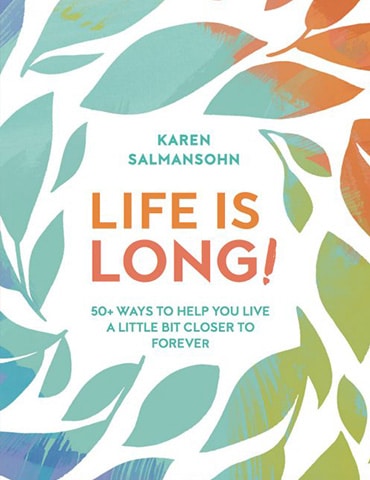 I’m a bestselling wellness author so I put together this article about foods and drinks to avoid if you have bipolar disorder which will improve the symptoms of this mental health issue.
I’m a bestselling wellness author so I put together this article about foods and drinks to avoid if you have bipolar disorder which will improve the symptoms of this mental health issue.
The old saying, “You are what you eat,” isn’t exactly accurate, but there are many reasons why it became popular.
The food we choose to use as fuel often determines how we live.
Nutritious choices give us energy and strength to live an active lifestyle. Meanwhile junk and processed foods make us tired and — in many cases — overweight, moody or unhealthy.
This reality is evident in clinical studies regarding mental health disorders.
For example, nutritional deficiencies, such as low Vitamin D levels, can increase depression and other mood-disorienting conditions, such as bipolar disorder.
On the other side of this approach are foods that should be avoided as they’ve been found to enhance the symptoms of mental health disorders.
I’m sharing about this topic because I’m a bestselling wellness author and leading Behavioral Change Expert. Plus I founded the therapist and nutritionist recommended online program, “The Stop Emotional Eating Course.“
So I put together this article about foods and drinks to avoid if you have bipolar disorder which will improve the symptoms of this mental health issue. For example, a high-quality bipolar disorder treatment center will include a nutritional component in which certain foods are excluded from the menu.
If you’re living with bipolar disorder and trying to keep it controlled, you can take a page from the experts and monitor your diet by avoiding these 5 foods and drinks.
What to Avoid and What to Eat With Bipolar Management
We know that when you fill your plate with healthy, nutritious foods, such as fruits and vegetables, it has a direct role on your brain’s ability to process stress. Digestion (gut health) and the mood are intricately related. By choosing healthy foods, you’re aiding your mind to think positively and make healthier choices.
However, when you fuel your body with certain ingredients, the brain and your bodily systems must work harder to dig through the sludge, eliminate the unhealthy junk, and find and process the nutrients. Yet, when you’re dealing with bipolar disorder, the brain already has to work extra hard to regulate your emotions 24/7.
5 Foods and Drinks to Avoid if You Struggles with Bipolar Disorder
To help ease the stress on your brain and improve your physiological health, try to avoid the 5 ingredients listed here:
1. Sugar
Too much sugar leads to chronic health conditions like diabetes and other medical problems that come with obesity. Excessive belly fat can make certain bipolar medications less effective. Sugar also spikes mania, triggering manic depressive disorders.
2. Salt
Salt is dangerous enough to the average healthy person. But for those with bipolar, particularly those taking lithium to manage their symptoms, salt must be avoided to prevent dehydration and lithium toxicity.
3. Saturated Fats
Fats get a confusing reputation, but unsaturated fats in moderation are actually healthy. It’s the saturated fat and trans fat foods that cause damage to the body. Too many fats in your diet can negatively affect your bipolar medication, though, so try to keep your fatty meals limited to unsaturated versions only.
4. Caffeine
Bipolar disorder ensures your brain is stimulated naturally; you don’t need help to make your neurotransmitters work faster. Yet, that’s exactly what caffeine and other stimulants do to your body. These ingredients trigger the manic side of your disorder. At the same time, caffeine reduces your ability to get restful sleep, another mania trigger. Because of these effects, caffeine should be avoided as much as possible.
5. Alcohol
While many people with bipolar disorder turn to substances like alcohol to numb the symptoms, the reality is that alcohol makes the mood swings worse. It can also interact with your medications, reducing their effectiveness.
Recap: What to Eat and Drink with Bipolar Disorder
Although you should never try to manage your bipolar disorder condition through diet alone, what you eat (and don’t eat) can substantially help you successfully regulate your emotions and control your symptoms.
Learn to Eat Healthier
Explore my bestselling and nutritionist recommended online program: The Stop Emotional Eating Course.
Think happier. Think calmer.
Think about subscribing for free weekly tools here.
No SPAM, ever! Read the Privacy Policy for more information.
One last step!
Please go to your inbox and click the confirmation link we just emailed you so you can start to get your free weekly NotSalmon Happiness Tools! Plus, you’ll immediately receive a chunklette of Karen’s bestselling Bounce Back Book!



 I’m a bestselling wellness author so I put together this article about foods and drinks to avoid if you have bipolar disorder which will improve the symptoms of this mental health issue.
I’m a bestselling wellness author so I put together this article about foods and drinks to avoid if you have bipolar disorder which will improve the symptoms of this mental health issue.